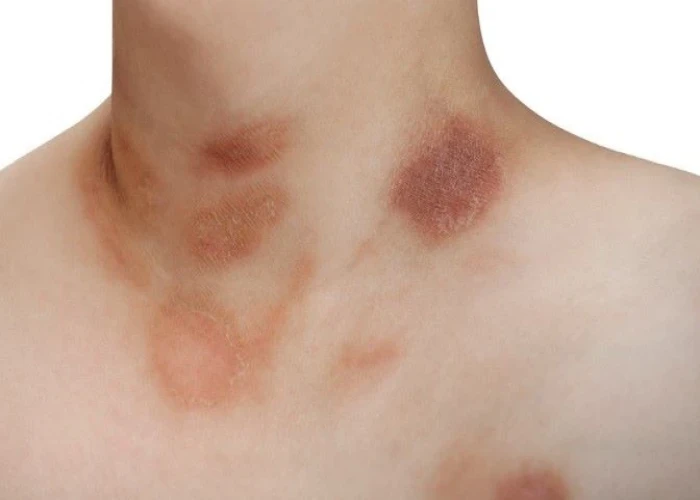 Welcome
Welcome
“May all be happy, may all be healed, may all be at peace and may no one ever suffer."
Pityriasis rosea
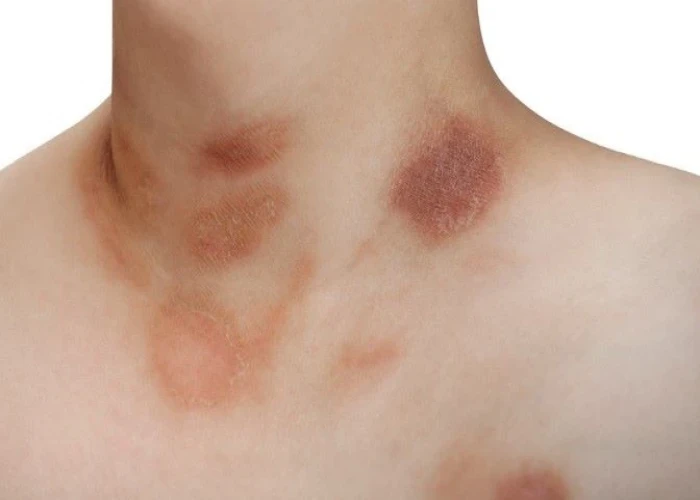
Pityriasis rosea is a common skin condition that causes a rash to develop on the torso, arms, and legs. The condition is more common in younger people and often occurs in the spring and fall.
The cause of pityriasis rosea is not well understood, but it is thought to be related to viral infections or immune system reactions. The condition usually begins with a single, larger patch of red or pink, scaly skin called the "herald patch," followed by multiple smaller patches that may be itchy. The rash may last for several weeks to months and then resolve on its own.
Diagnosis of pityriasis rosea is usually made based on a physical examination of the skin. In some cases, a skin biopsy may be necessary to rule out other skin conditions.
Treatment for pityriasis rosea is usually supportive and focuses on relieving symptoms, such as itching, with over-the-counter topical creams or oral antihistamines. Sunlight or ultraviolet light therapy may also be helpful in resolving the rash more quickly. In most cases, the condition resolves on its own without treatment.
Prevention of pityriasis rosea is not well understood, but maintaining good hygiene practices, avoiding contact with people who have viral infections, and avoiding exposure to potential irritants can help reduce the risk of developing the condition. If you suspect you have pityriasis rosea, it is important to seek medical attention to confirm the diagnosis and receive appropriate treatment.
Research Papers
Disease Signs and Symptoms
- Skin rash
- Fatigue (Tiredness)
- Fever
- Sore throat
- Itching
- Itchy, blistery skin rash (dermatitis herpetiformis)
Disease Causes
Pityriasis rosea
The exact cause of pityriasis rosea is unclear. Some evidence indicates the rash may be triggered by a viral infection, particularly by certain strains of the herpes virus. But it's not related to the herpes virus that causes cold sores. Pityriasis rosea isn't believed to be contagious.
Disease Prevents
Disease Treatments
In most cases, pityriasis rosea goes away on its own in four to 10 weeks. If the rash doesn't disappear by then or if the itching is bothersome, talk with your doctor about treatments that can help. The condition clears up without scarring and usually doesn't recur.
Medications
If home remedies don't ease symptoms or shorten the duration of pityriasis rosea, your doctor may prescribe medicine. Examples include:
- Corticosteroids
- Antihistamines
- Antiviral drugs, such as acyclovir (Zovirax)
Light therapy
Exposure to natural or artificial sunlight may help the rash fade. Light therapy may cause lasting darkening in certain spots, even after the rash clears.
Disease Diagnoses
Disease Allopathic Generics
Disease Ayurvedic Generics
Disease Homeopathic Generics
Disease yoga
Pityriasis rosea and Learn More about Diseases

Snoring
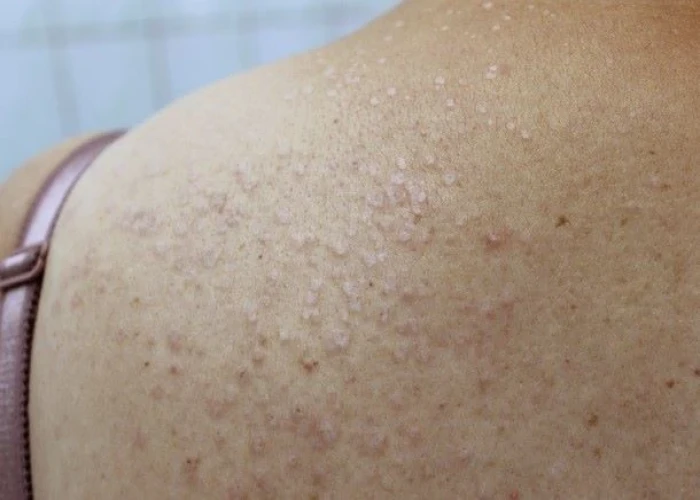
Lichen sclerosus

Hook Worm
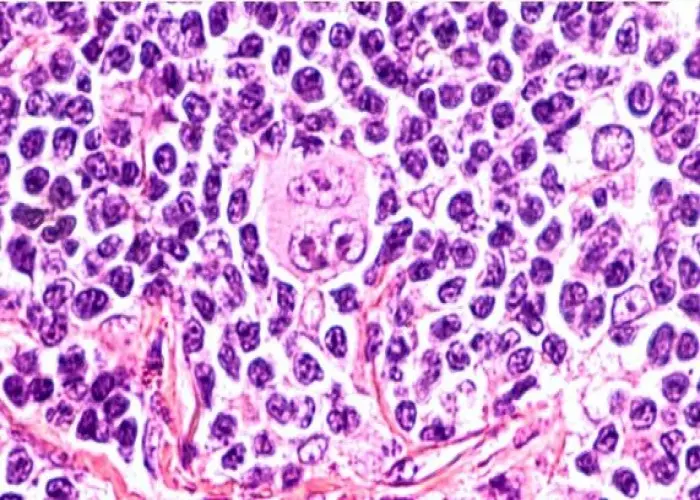
Hodgkin's lymphoma (Hodgkin's disease)
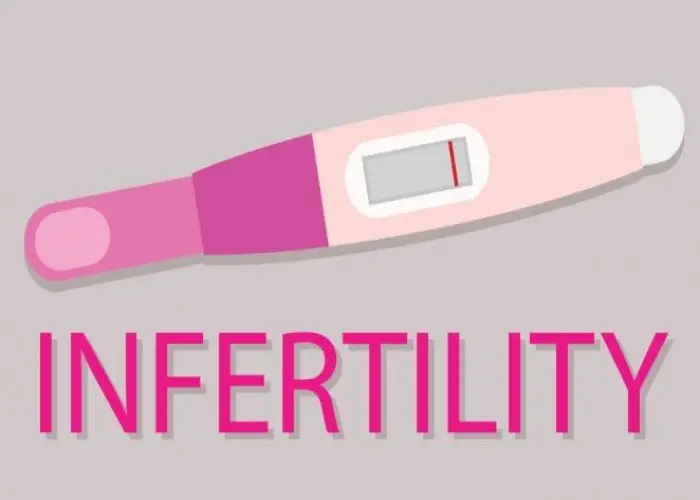
Infertility (Sterility)

Enlarged liver

Bone cancer

Pityriasis rosea
pityriasis rosea, পাইটারিয়াসিস গোলাপ
To be happy, beautiful, healthy, wealthy, hale and long-lived stay with DM3S.
